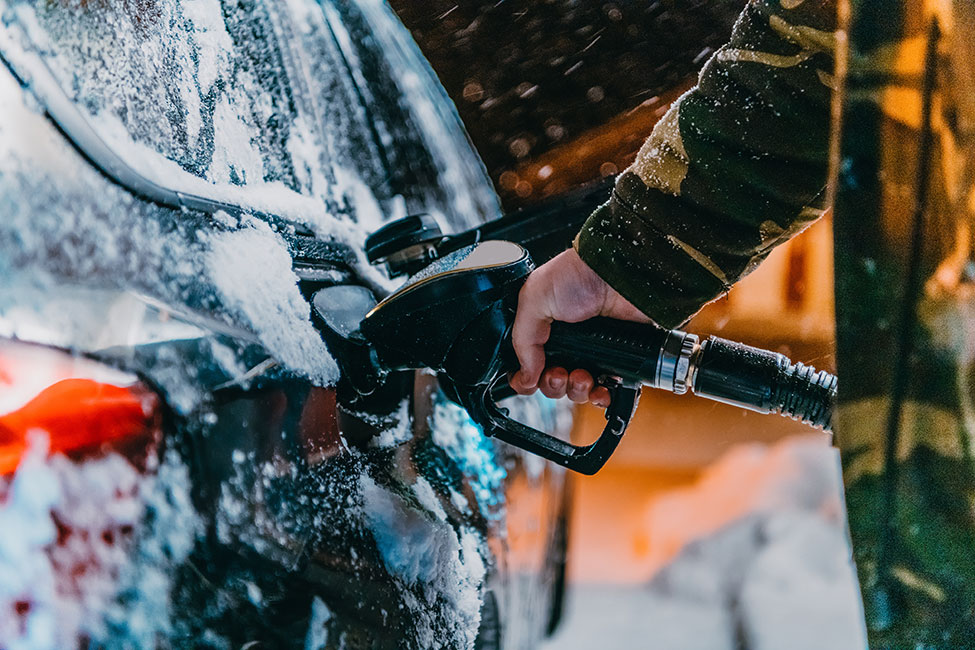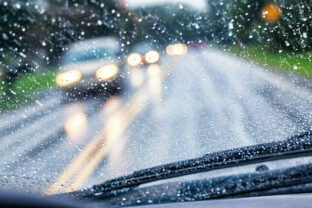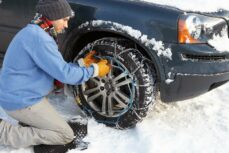Fuel : why does my car use more fuel in winter ?

A cold, hard fact : cold weather increases fuel consumption
Drivers who pay close attention to their petrol or diesel bills make a bitter assessment every year. When winter arrives, fuel consumption increases significantly. This is due to a simple physical phenomenon : the cold, dry air in winter is denser than it is in the summer. And so is the fuel. Since the engine runs on a mixture of air and petrol, it consumes more fuel with the same volume.
It is estimated that when the temperature is -5° C, a vehicle consumes 10% more fuel than when it is 20° C. This increase is even more noticeable during short city trips in sub-zero temperatures. In this case, the increase in consumption can exceed 20%.
Other causes of fuel consumption in winter
There are other reasons for increased fuel consumption in winter :
Longer warm-up time
In cold weather, the engine struggles to reach its optimum operating temperature. However, only when it reaches this temperature will the fuel consumption drop. There is a greater difference between ambient temperature and normal engine operating temperature in cold weather. This means that the engine takes longer to warm up, and it also cools down faster once it’s been turned off.
Engine oil with deteriorating qualities
The colder the weather is, the denser the oil becomes. Thicker oil creates more friction between engine components, which requires more fuel.
More stress on components
In harsh winter weather, you’re more likely to use your heater, defroster, headlights and wipers frequently. All of these various functions consume a lot of fuel.
Changes to driving conditions
Strong winds affect the aerodynamics of the vehicle, and driving on mud or snow forces the engine to use more power.
Under-inflated tyres
In winter, tyre pressure decreases with the cold. An under-inflated tyre increases rolling resistance and, therefore, negatively affects fuel consumption.
How can you reduce your fuel consumption in winter ?
If you are worried about a sharp increase in your fuel bill, here are some good tips to help you reduce your fuel consumption during the winter. In particular, make sure that you :
- Don’t let your car heat up for too long to de-ice your windscreen in the morning (use a scraper or de-icer instead). An idling engine uses fuel but achieves no miles per gallon.
- Check your tyre pressure regularly, as cold temperatures can increase the rolling resistance, even if no air has escaped.
- Only use your vehicle’s electrical components when necessary
- Drive smoothly, avoid quick acceleration and sudden braking
- Use quality oil and fuel
By changing the driving conditions and putting more strain on vehicle components, cold weather increases fuel consumption. You can limit this increase by following our driving advice and adopting environmentally responsible behaviours.














